June 3, 2020 | See the post at AmericanMeetings.com >
In the past, commercial cleaning has traditionally been outsourced and not really thought about. Now, janitorial services are at the forefront of everyone’s mind. Every business needs to put a cleaning plan in place, rather than just handing it off.
While pandemic related legislature changes continue to be made, event planners and venues need to stay aware to properly prepare for live events.
Here is what to look for:
Stronger Cleaning Protocol
Hotels have increased the intensity and frequency of their cleaning regimes. Some are upgrading their cleaning solutions to hospital-grade products or using new technology like electrostatic sprayers.
Shari Cedar, VP of AK Building Services, a commercial cleaning company based out of Ft. Lauderdale, FL, says electrostatic sprayers are giving large spaces a germ-free start, a clean slate SO TO SPEAK. She explains similar to how lint sticks to our clothes, a disinfectant sprayed with this tool is electrostatically charged to wrap around surfaces that could be missed with a manual clean. Not only this, but they are incredibly effective at killing germs, bacteria, and viruses.
“Let your attendees know that you have gone above and beyond to create a janitorial strategy for cleaning and disinfecting your meeting space. This way they can focus on your event and not worry about germs.” Says Shari Cedar.
Commercial cleaning companies already focus on high touch areas, but they will now be hyper-vigilant. For example, door handles, light switches, remote controls, reception and registration areas, and bathrooms will be getting extra attention. Ms. Cedar also suggests that day porters be used during the event to stay on top of DISINFECTING THROUGHOUT the course of events. While they may add to the cost, they are well worth the peace of mind.
Being Proactive
It’s important to know how many people are expected to attend the event, how large a space is needed, and what is in the space. “Less is more” will be a new mantra as hardwood floors and curtain-less windows will be easier to clean.
Ms. Cedar recommends walking through the flow of the event to determine what may be high touch areas and to uncover any areas that could cause hidden problems, such as a lack of trash receptacles, or where they could be easily overflowing with paper waste like tissues or paper towels.
Ask the venue what their cleaning protocol is and if it fits with your expectations. Make sure the cleaning supplies being used are effective and EPA approved to kill COVID-19. In addition, the janitorial staff must have the proper training to make sure the products are being correctly applied per the manufacturer’s specifications. Proper “kill time” (the time the product must sit on a surface to ensure bacteria and viruses are eliminated), and ventilation are important for safety.
Cleaning and disinfecting are two different processes and both need to happen. Cleaning removes trash, debris, dirt, and dust while disinfecting focuses on reducing or eliminating pathogens that could cause illness. Manual cleaning should be done every evening, and if the budget allows, the application of the electrostatic disinfecting spray is recommended as a fresh start each day of the event.
Personal Protection Equipment
All staff, whether event staff or cleaning crews should be prepared with the proper Personal Protection Equipment (PPE). Additionally, if you will be providing PPE to participants, be sure to have a sufficient supply including a back-up supply. This can include gloves, masks, hand sanitizer, and antibacterial soap. Supplies may be limited, so plan ahead.
As hotels prepare to host events, and live events once more begin to schedule, we expect to see more shifts in how venues, event planners, hospitality, janitorial, and attendees come together to make changes for the greater good of health and safety.



